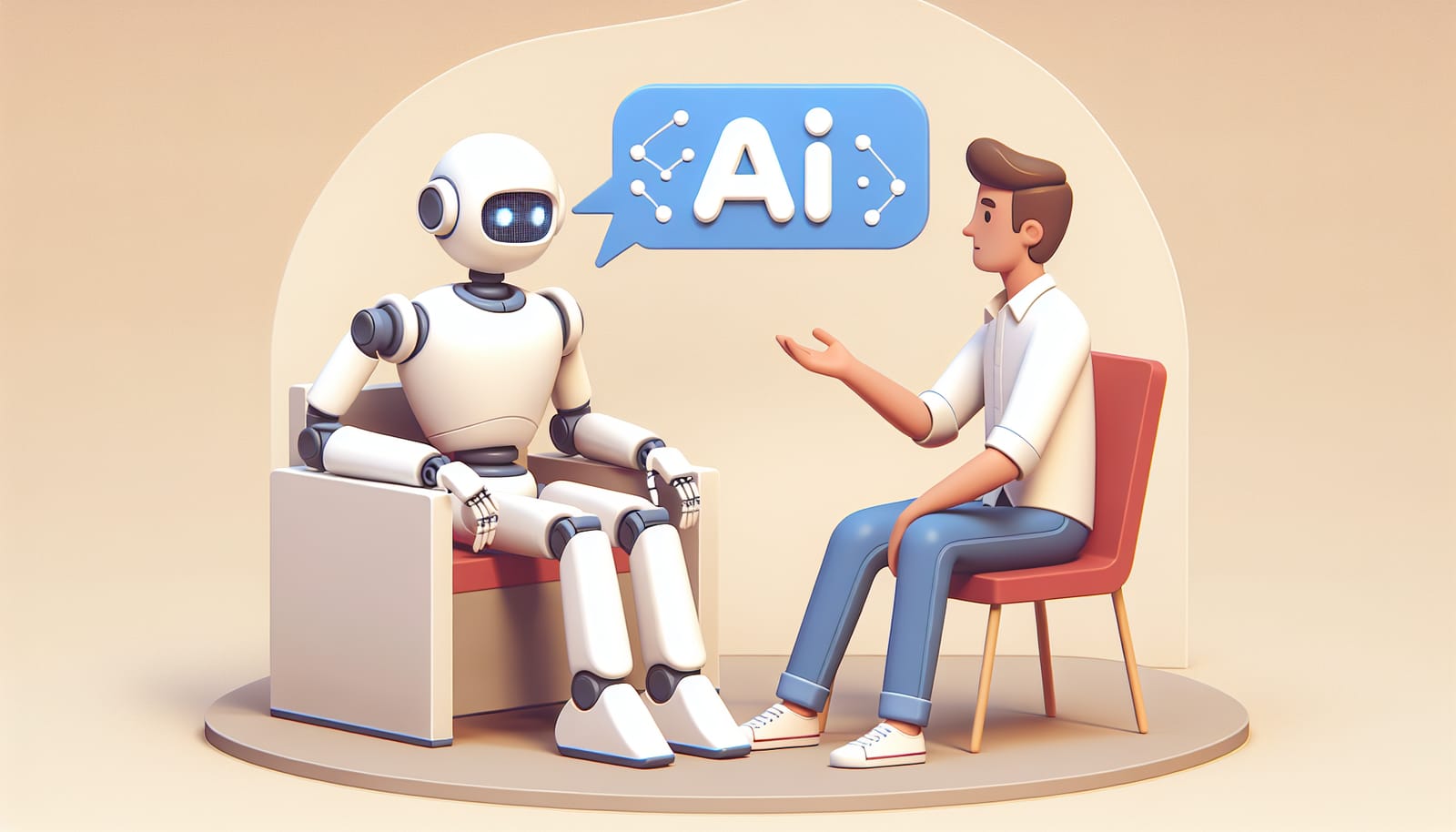In our rapidly changing world, artificial intelligence (AI) is making waves in many areas, including how we vote. With the rise of technology, it's only natural to wonder how AI could help make the voting process smoother, fairer, and more accessible for everyone. This article will explore the exciting ways AI could influence voting in the future and what that means for our democracy.
Understanding Voting Systems
Before we dive into the role of AI in voting, it's essential to understand how voting systems work. In most democracies, citizens participate in elections to choose their leaders or decide on important issues. This process usually involves casting ballots, either in person or through mail-in voting.
However, the voting process can sometimes be complicated, with long lines at polling places, confusing ballots, and even fraudulent activity. As a result, many are looking for ways to improve the process, and that’s where AI comes in.
AI and Voter Accessibility
One of the most significant benefits of AI in voting is improving accessibility for all citizens. Many individuals face barriers when it comes to voting, whether due to physical disabilities, language differences, or lack of access to transportation. AI can help bridge these gaps.
Imagine using an AI-powered application that can assist voters in their native language, guiding them through the voting process. This app could provide information about candidates and issues, ensuring that every voter feels informed and empowered. Additionally, AI could offer solutions like remote voting options, making it easier for individuals who cannot reach polling places.
Enhancing Security and Reducing Fraud
Election security is a pressing concern for many voters. With reports of fraud and tampering, ensuring that every vote counts is paramount. AI can play a crucial role in enhancing the security of our voting systems.
By employing machine learning algorithms, AI can analyze patterns to detect unusual activities that may indicate fraudulent behavior. For instance, if a particular polling station sees an unexpected spike in votes, AI could flag this for further investigation. This proactive approach helps maintain the integrity of elections and builds trust among voters.
AI-Powered Voter Education
Education is key to informed voting. Many citizens struggle to understand complex issues or candidates' positions, which can lead to uninformed choices. AI can help provide personalized information to voters, ensuring they have the knowledge needed to make informed decisions.
Imagine an AI system that learns a voter’s preferences and interests. It could curate information tailored to their concerns, from climate change to healthcare. By providing relevant content, AI can empower citizens to engage with the issues that matter most to them.
Streamlining the Voting Process
Long lines at polling places can discourage people from voting. AI can help streamline the voting process, making it more efficient for everyone. For example, AI can analyze data from previous elections to predict peak voting times and recommend additional resources accordingly. This could help reduce wait times and ensure that every voter has the opportunity to cast their ballot.
Moreover, AI could enable real-time tracking of ballots, allowing voters to see where their votes are in the process. This transparency can increase confidence in the electoral system and encourage more people to participate.
The Role of AI in Election Predictions
During election season, many people are eager to know the potential outcomes. AI can analyze vast amounts of data, including polls, demographic trends, and historical voting patterns, to make more accurate predictions about election results. These predictions can help political parties and candidates strategize their campaigns effectively.
However, it’s important to approach these predictions with caution. While AI can provide insights, it is not infallible. Understanding its limitations is crucial for a healthy democratic process.
Challenges and Considerations
While the potential benefits of AI in voting are exciting, there are also challenges to address. For instance, concerns about data privacy and the ethical use of AI must be taken seriously. Voters should feel confident that their information is secure and not being used for manipulation.
Additionally, the digital divide must be considered. Not everyone has equal access to technology, and reliance on AI could inadvertently disenfranchise certain groups. Ensuring that all citizens benefit from AI innovations in voting is essential for a fair electoral process.
The Future of Voting with AI
As we look ahead, the intersection of AI and voting holds tremendous promise. Imagine a future where voting is not only more accessible but also more secure and efficient. AI could help create a more informed electorate, leading to better decision-making for our communities and our country.
The key to realizing this future lies in collaboration between technology experts, policymakers, and the public. By working together, we can harness the power of AI to enhance our democratic processes and ensure that every voice is heard.
Artificial intelligence has the potential to revolutionize the way we vote, making the process more accessible, secure, and efficient. While challenges remain, the future of voting with AI is bright. As technology continues to evolve, so too can our understanding and implementation of fair electoral practices.
In this journey toward a more inclusive democracy, every citizen has a role to play. By staying informed and engaged, we can all contribute to a voting system that truly reflects the will of the people. The future is here, and it’s time to embrace it—together!
With AI poised to reshape the voting landscape, it's essential to keep these discussions alive and advocate for innovations that benefit all citizens. As we navigate this new frontier, let’s remember that the heart of democracy lies in the hands of the people—and the future is in our hands.


